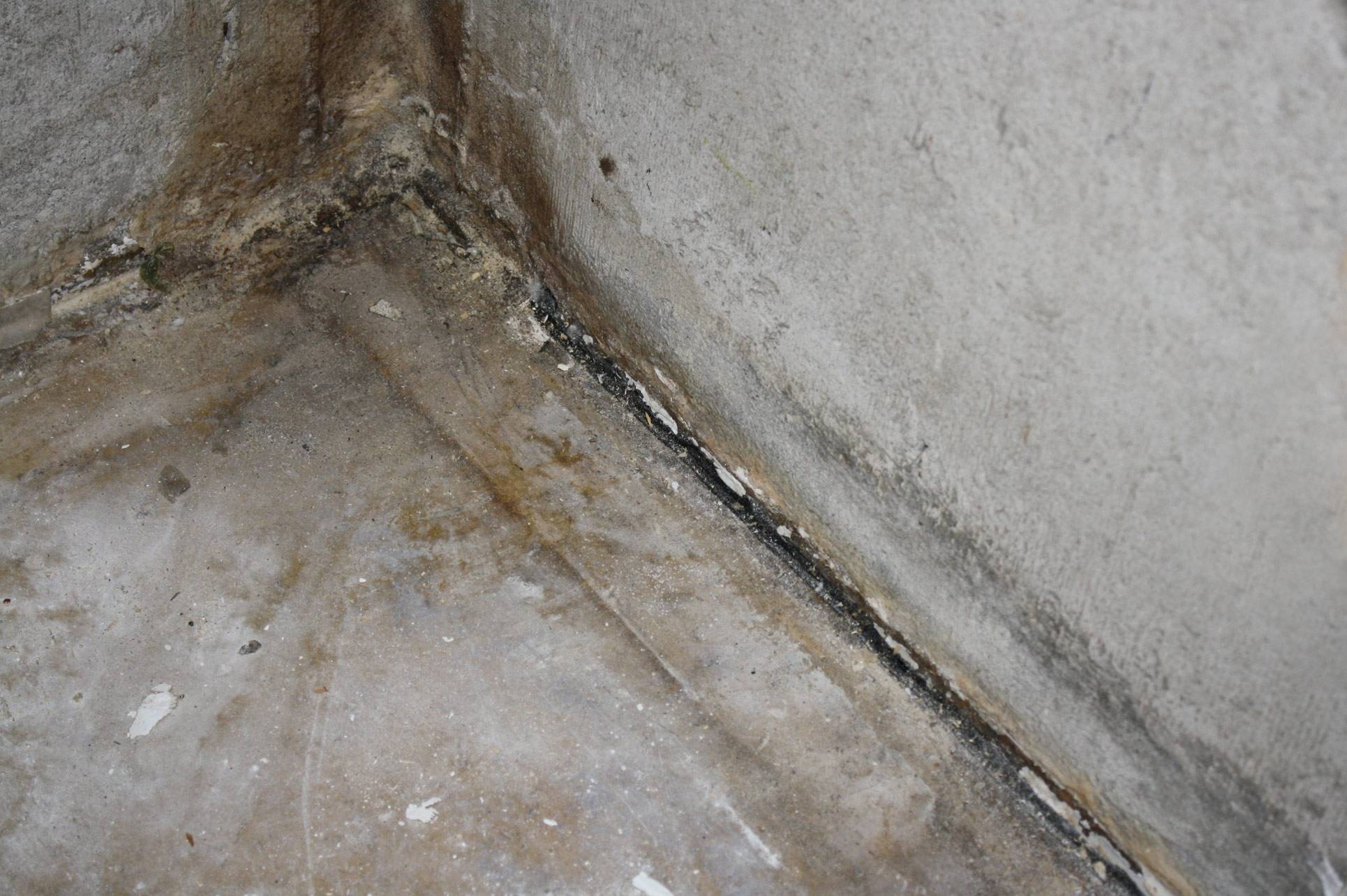6 Most Common Origins of Water Leaks in Your Home: How to Identify and Address Them
6 Most Common Origins of Water Leaks in Your Home: How to Identify and Address Them
Blog Article
Were you looking for critical info about Common Water Leaks In House?

Leakages not only trigger waste of water however can likewise create unnecessary damages to your house and promote undesirable natural growth. Sadly, water leaks could go unnoticed since the majority of the pipework in our residence is concealed. By looking and also recognizing for day-to-day situations that create leakages, you can protect your residence from future leakages as well as unnecessary damage. Today, we will consider 6 leakage triggers that may be triggering your pipelines to trickle.
Instant temperature modifications.
Extreme temperature level changes in our pipes can create them to expand as well as acquire unexpectedly. This expansion and contraction may create splits in the pipes, particularly if the temperature are below cold.
Corroded water systems
As time goes by, your plumbing system ages and rust such as corrosion may begin gnawing the pipes. This could be the root cause of staining or warping on your water pipes. This requires an assessment with your plumber immediately. If our plumbing system is old, take into consideration replacing the pipes since they go to a greater danger of corrosion than the more recent designs.
Defective Pipeline Joints
Pipeline joints can deteriorate over time, resulting in water leakages. If you have loud pipelines that make ticking or banging sounds, specifically when the warm water is turned on, your pipeline joints are most likely under a whole lot of pressure.
Encroaching roots
A lot of water leaks start outside the house instead of inside it. If you notice an abrupt decline in water pressure, claim in your faucet, take time to go out and analyze your yard. You could see wet spots or sinkholes in your lawn, and that could mean that tree origins are getting into water lines causing water to seep out. You can have your plumber look for breach, specifically if you have trees or shrubs near your home.
Poor Water Connectors
At times, a leakage can be caused by loosened hoses and also pipelines that provide your appliances. In situation of a water links leakage, you might notice water running directly from the supply line or pools around your home appliances.
Clogged Drains
Clogged drains could be annoying and also inconveniencing, yet they can in some cases wind up causing an overflow resulting in break pipelines. Keep removing any materials that may decrease your drains pipes that could clog them to stay clear of such hassles.
All the above are reasons for leakages yet not all water leakages arise from plumbing leakages; some leaks may originate from roof covering leaks. All leakages should be fixed instantly to stay clear of water damages.
Leaks not only trigger waste of water yet can also cause unnecessary damages to your home as well as promote unwanted natural development. By recognizing as well as looking for everyday situations that cause leakages, you can protect your home from future leakages as well as unnecessary damages. Today, we will look at 6 leak creates that may be causing your pipelines to trickle.
At times, a leakage can be created by loose tubes and also pipes that provide your appliances. In case of a water connections leak, you may observe water running straight from the supply line or pools around your appliances.
How To Check For Water Leak In Your Home
How To Check for Leaks
The average household's leaks can account for nearly 10,000 gallons of water wasted every year and ten percent of homes have leaks that waste 90 gallons or more per day. Common types of leaks found in the home are worn toilet flappers, dripping faucets, and other leaking valves. These types of leaks are often easy to fix, requiring only a few tools and hardware that can pay for themselves in water savings. Fixing easily corrected household water leaks can save homeowners about 10 percent on their water bills.
To check for leaks in your home, you first need to determine whether you're wasting water and then identify the source of the leak. Here are some tips for finding leaks:
Take a look at your water usage during a colder month, such as January or February. If a family of four exceeds 12,000 gallons per month, there are serious leaks.
Check your water meter before and after a two-hour period when no water is being used. If the meter changes at all, you probably have a leak.
Identify toilet leaks by placing a drop of food coloring in the toilet tank. If any color shows up in the bowl after 10 minutes, you have a leak. (Be sure to flush immediately after the experiment to avoid staining the tank.)
Examine faucet gaskets and pipe fittings for any water on the outside of the pipe to check for surface leaks.
Undetected water leaks can happen without the home or business owner even realizing. If you suspect a water leak, but not able to find the source. It is time to contact a professional water leak detection service, The Leak Doctor.
How To Find a Water Leak In Your Home
https://www.leakdoctor.com/blog/How-To-Check-For-Water-Leak-In-Your-Home_AE197.html

I discovered that piece of writing about Common Water Leaks In House while perusing the search engines. Are you aware of someone else who is fascinated with How to Find Water Leaks? Please feel free to promote it. We treasure reading our article about How to Find Water Leaks.
Click For More Information Report this page